
ADHD, or Attention Deficit Hyperactivity Disorder, is a neurodevelopmental disorder that affects individuals of all ages, impacting their ability to focus, control impulses, and regulate their behavior. Despite being a common condition, there are still misconceptions and stigmas surrounding ADHD. Understanding the symptoms, causes, and appropriate management strategies for ADHD is crucial for individuals, families, educators, and healthcare professionals to provide effective support and care. In this article, we will delve into the complexities of ADHD, exploring its symptoms, diagnosis, impact on daily life, treatment options, and dispelling common myths associated with the disorder.
Definition of ADHD
ADHD is a condition characterized by difficulty paying attention, hyperactivity, and impulsivity. It’s like having a mental fidget spinner that just won’t quit.
Historical Perspective on ADHD
Back in the day, ADHD was often misunderstood as just being “a rowdy kid.” Thankfully, we’ve come a long way from blaming it all on too much sugar and have a better grasp on what’s really going on in those wanderlusty brains.
Symptoms and Diagnosis of ADHD :
Imagine trying to corral a herd of hyperactive unicorns in your mind—that’s what it feels like for someone with ADHD.
Common Symptoms of ADHD
Forgetfulness, impulsiveness, daydreaming during important meetings—it’s like having a mental circus performing in the middle of your attention span.
Diagnostic Criteria for ADHD
To be officially diagnosed with ADHD, you have to meet certain criteria that involve more than just losing your keys for the millionth time. Think of it as a mental health version of “Where’s Waldo?”
Causes and Risk Factors of ADHD :
ADHD isn’t just a result of too much sugar or bad parenting—it’s a complex mix of nature, nurture, and probably a sprinkle of cosmic chaos.
Genetic Factors
If ADHD runs in your family, blame it on your DNA—it’s like being handed down a genetic hand-me-down you never asked for.
Brain Structure and Function
In ADHD brains, it’s like having the volume turned up on certain parts while other sections hit the snooze button. It’s a brain remix that plays on repeat.
Environmental Factors
From prenatal exposure to smoking, lead, or just being raised in a chaotic environment, ADHD can have environmental influences that add extra spice to the mental mixtape.
Impact of ADHD on Daily Life :
ADHD isn’t just a quirky personality trait—it can pack a punch in your daily life, making every task a game of mental hopscotch.
Academic Performance
ADHD can turn studying into a mental obstacle course, with distractions at every turn. It’s like trying to write an essay while juggling flaming torches—fun to watch, but hard to pull off.
Social Relationships
Navigating social scenes with ADHD can feel like trying to dance to a song you’ve never heard before. Keeping up with conversations and social cues can be a real head-scratcher.
Emotional Well-being
Managing emotions with ADHD can be like riding an emotional rollercoaster without a seatbelt. It’s like having your feelings dial stuck on “10” when everyone else is chilling at a cool “5.”
Treatment Options for ADHD :
ADHD can be effectively managed with various treatment options tailored to individual needs. Here are some common approaches:
Medication for ADHD
Medication, such as stimulants and non-stimulants, is often prescribed to help manage ADHD symptoms. It can improve focus, impulse control, and hyperactivity.
Behavioral Therapies
Behavioral therapies, including cognitive behavioral therapy (CBT) and psychotherapy, can teach coping mechanisms, organizational skills, and address emotional aspects of ADHD.
Alternative Treatments
Some individuals explore alternative treatments like mindfulness, yoga, exercise, and dietary changes to complement traditional ADHD management strategies. It’s important to consult with healthcare professionals before trying alternative treatments.
ADHD in Children vs. Adults ;
While ADHD affects individuals of all ages, there are unique considerations for children and adults:
Developmental Differences
ADHD symptoms may manifest differently in children compared to adults due to developmental stages. Children may exhibit hyperactivity and impulsivity, while adults may struggle more with organization and time management.
Different Presentation in Adults
In adults, ADHD symptoms can impact work performance, relationships, and daily functioning. Adults may experience challenges with focus, memory, and maintaining responsibilities that differ from those seen in children.
Strategies for Managing ADHD :
Effective management of ADHD involves a combination of strategies to support daily functioning and well-being:
Education and Psychoeducation
Learning about ADHD and how it affects you or your loved one can empower better self-management. Psychoeducation can help individuals understand their symptoms, strengths, and challenges.
Organization and Time Management Techniques
Implementing organizational tools, such as planners, reminders, and structured routines, can help individuals with ADHD stay focused and on track with tasks and deadlines.
Supportive Strategies from Family and Friends
Having a supportive network that understands ADHD can make a significant difference. Encouragement, understanding, and assistance from loved ones can help individuals navigate challenges associated with ADHD.
Myths and Facts about ADHD
Dispelling misconceptions and understanding the realities of ADHD is crucial for reducing stigma and promoting accurate information:
Common Myths about ADHD
Myths about ADHD being a result of poor parenting, a lack of intelligence, or a made-up condition can perpetuate misunderstanding and hinder support for those with ADHD.
Dispelling Misconceptions about ADHD
By debunking myths and highlighting the science-backed facts about ADHD as a neurodevelopmental disorder, we can promote acceptance, empathy, and effective support for individuals with ADHD.In conclusion, ADHD is a multifaceted condition that can significantly influence an individual’s life. By recognizing the signs, seeking proper diagnosis and treatment, and implementing supportive strategies, individuals with ADHD can effectively manage the challenges they face. It is essential to foster understanding and awareness about ADHD to create a more inclusive and supportive environment for those living with the condition. Together, we can work towards empowering individuals with ADHD to thrive and reach their full potential.
Conclusion :
ADHD is a complex neurodevelopmental disorder that affects individuals in various ways. While symptoms can be challenging and disruptive, it’s important to remember that with the right support and understanding, individuals with ADHD can thrive. Treatment options such as therapy, medication, and behavioral interventions can greatly improve quality of life for those living with ADHD. It’s also crucial to educate oneself and others about the condition to reduce stigma and misconceptions surrounding it.

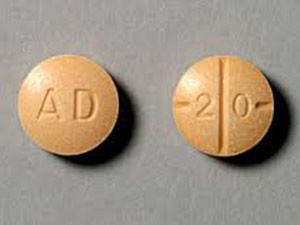

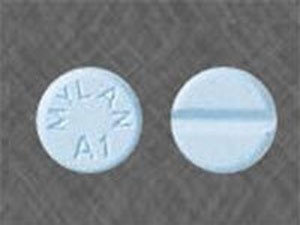
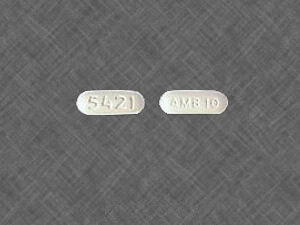
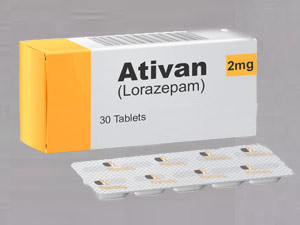



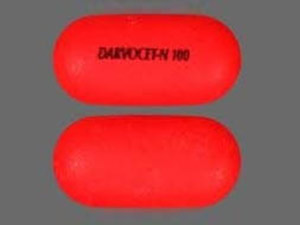

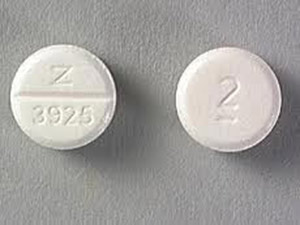
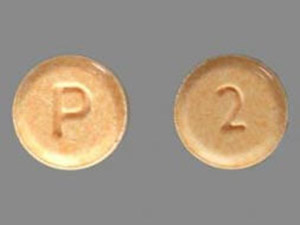
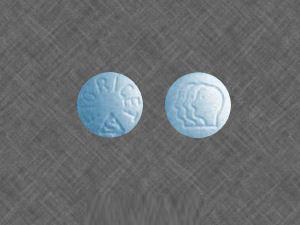
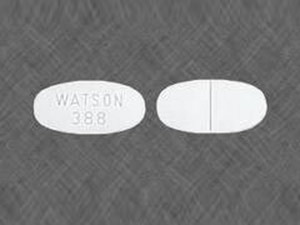

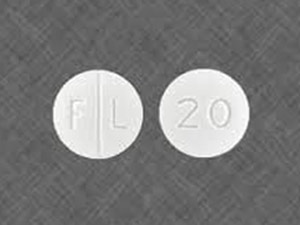

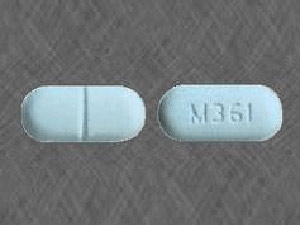
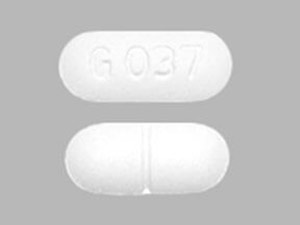
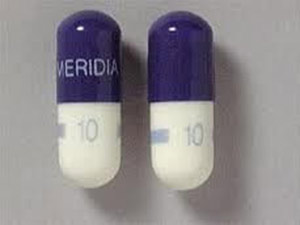

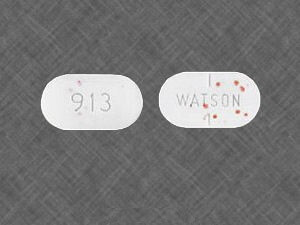
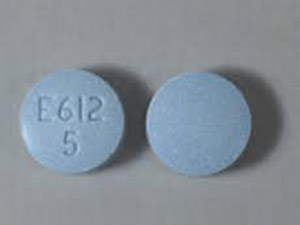
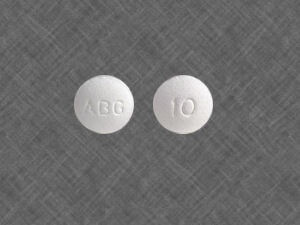
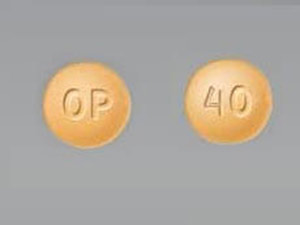
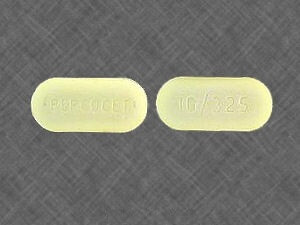
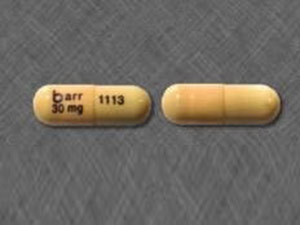


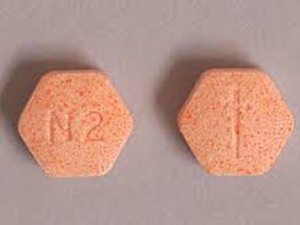

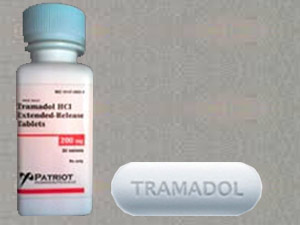
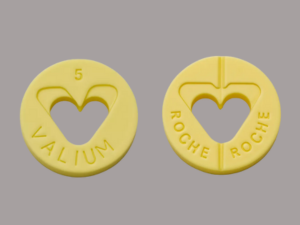
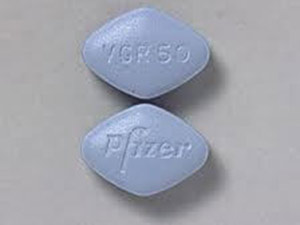
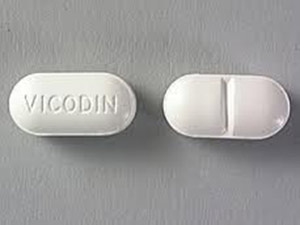
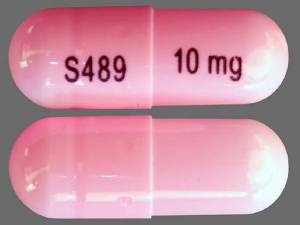

Leave a Reply